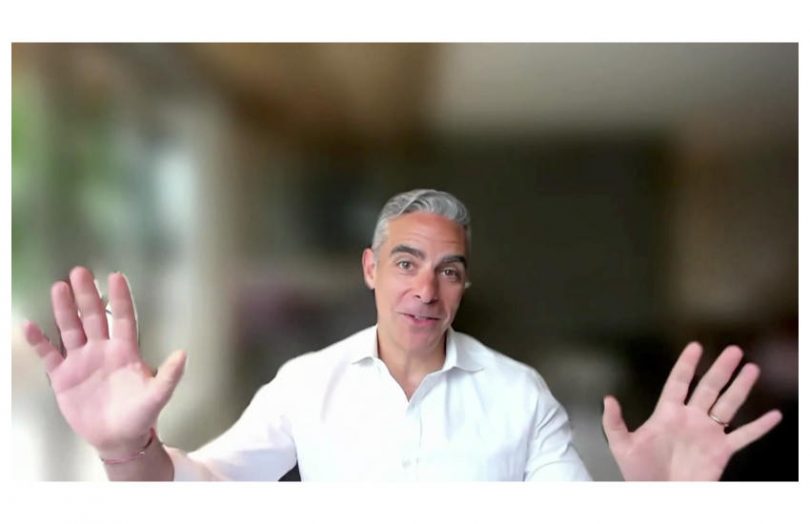David Marcus, who co-founded the Diem (formerly Libra) stablecoin project while at Facebook, today spoke passionately about its demise, warning against mixing politics and regulation. Diem’s assets were sold to Silvergate Bank in January after regulators made it clear it would not get the go-ahead.
“It was killed for political reasons, just to call a cat a cat,” said Marcus during the Point Zero Forum. “There was a really solid construct for a stablecoin that could not fail consumers, that was really properly backed, properly regulated.”
A key trigger of the latest cryptocurrency crash was the collapse of the algorithmic stablecoin Terra and its associated cryptocurrency Luna. The question is whether consumers would have speculated on Terra if there were already a stablecoin like Diem backed by Meta, Shopify, Spotify, Uber, and others.
“It’s important not to let politics infuse regulatory decisions. If you do that, then you end up killing innovation in a pretty substantial way,” said Marcus.
“What happens when regulation is actually politically influenced is that you have the Luna Terra things bubbling into tens of billions of dollars and then exploding,” he added. “And good projects are not moving forward.”
Greener pastures
Marcus left Facebook at the end of 2021 and last month unveiled Lightspark, which plans to develop payment solutions on the Bitcoin Lightning Network. This sidechain protocol enables low cost payments, including micropayments.
Talking about Layer 1 blockchains, unsurprisingly, he thinks Bitcoin will be the network for all money-related things. Rather than the hundreds of blockchains today, only a handful of Layer 1 blockchains for decentralized applications will survive.
Moving on to central bank digital currency (CBDC), Marcus said, “I’m actually a believer in CBDC, but I think the narrative is wrong.”
In his view, there are two critical questions for a CBDC. The first is how to issue a currency that has the property of trust that only a government can provide. The second is the network used to move money “to actually solve real problems rather than compete with privately issued stablecoins. That’s the narrative no one is really talking about,” said Marcus. Hmm, could that network be Lightspark?
“And once we have those conversations, we can marry trust and a new payment network that actually enables money movements to happen.”






